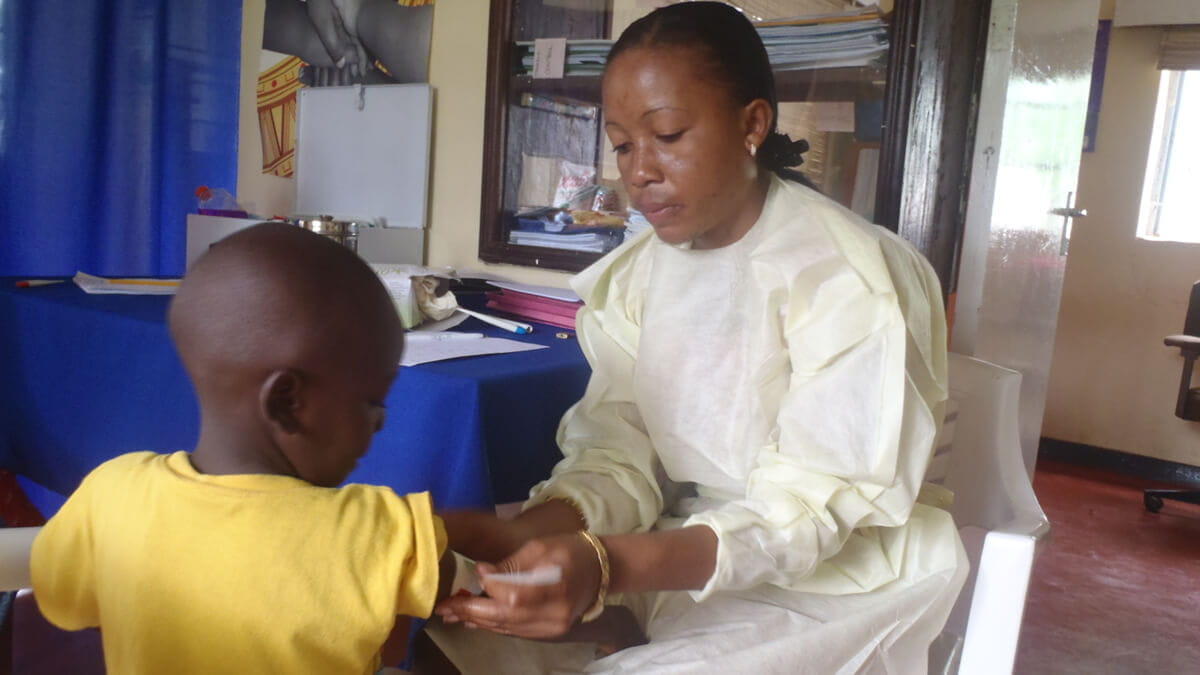Curriculum
Minimum Degree Requirements
- 83 quarter credits
- Foundation courses (5 cr.)
- Core courses (43 cr.)
- Specialization courses (15 cr.)
- Doctoral Seminars (5 cr.)
- Dissertation (minimum 15 cr.)
- Four PhD residencies
View the COMPLETE CURRICULUM PLAN.
Walden students have up to 8 years to complete their doctoral program unless they petition for an extension.
In general, students are continuously registered in the dissertation/doctoral study course until they complete their capstone project and it is approved. This usually takes longer than the minimum required terms in the dissertation/doctoral study course shell.
For a personalized estimate of the number of your transfer credits that Walden would accept, call an Enrollment Specialist at 855-596-8162.
Curriculum
Minimum Degree Requirements
- 109 quarter credits
- Foundation course (5 cr.)
- Core courses (69 cr.)
- Specialization courses (15 cr.)
- Doctoral Seminars (5 cr.)
- Dissertation (minimum 15 cr.)
- Four PhD residencies
View the COMPLETE CURRICULUM PLAN.
Walden students have up to 8 years to complete their doctoral program unless they petition for an extension.
In general, students are continuously registered in the dissertation/doctoral study course until they complete their capstone project and it is approved. This usually takes longer than the minimum required terms in the dissertation/doctoral study course shell.
This sequence represents the minimum time to completion. For a personalized estimate of the number of your transfer credits that Walden would accept, call an Enrollment Specialist at 855-596-8162.
Admission Requirements
Program Admission Considerations: Master of Public Health (MPH) or MS in Public Health for Track 1 or bachelor’s degree or higher for Track 2
General Admission Requirements: Completed online application and transcripts. Please note that the materials you are required to submit may vary depending on the academic program to which you apply. More information for international applicants.
| Curriculum | Requirements | Cost | Total * | |
|---|---|---|---|---|
| Tuition-Coursework | 68 quarter credits | $620 per quarter hour for coursework credits | $42,160^ | |
| Tuition-Dissertation | 15–125† quarter credits | $620 per quarter hour for dissertation credits | $9,300–$77,500* | |
| Program Fee | $175 per quarter | $1,750–$5,600* | ||
| Residency Fee | 4 Residencies | $1,420 each (virtual) $1,520 each (in-person: travel, lodging and other expenses are additional) | $5,680–$6,080 | |
| Estimated Range: | 2.75-Y1ear | 8-Year | ||
| $58,890 | $131,340*+ | |||
These are ranges of what a student can expect in terms of time and tuition cost to complete a degree. It does not include other fees, nor is it adjusted for tuition increases over time. Walden faculty has concluded that generally students who do not complete their program in eight years are unlikely to complete and only allow students to exceed that time frame when a student petitions for an extension and provides good reason for the delay and assurances that obstacles to completion can be overcome. Time is calculated using the time allowed for each semester or unit that the student completes. Students are encouraged to work continuously during the program so as not to extend the time needed to complete the degree as work can become stale and students lose focus. Students who earn two grades of “Unsatisfactory,” who repeatedly drop a course before a semester or unit has been completed, or are unable to complete in the eight year time frame, should expect that they may be dismissed from the program. Walden believes that it is in the best interest of a student who is unable to complete the degree in the stated ranges to strongly consider withdrawal or obtaining a lesser degree.
Time to completion and cost are not estimates of individual experience and will vary based on individual factors applicable to the student. Factors may be programmatic or academic such as tuition and fee increases and/or the student’s transfer credits accepted by Walden; program or specialization changes; unsuccessful course completion; credit load per term; writing, research and editing skills; use of external data for their doctoral study/dissertation; and/or individual progress in the program. Other factors may include personal issues such as the student’s employment obligations; care giving responsibilities or health issues; part-time vs. full-time enrollment; leaves of absence; and/or other personal circumstances.
Tuition and fees are subject to change. Books and materials are not included. Students may incur additional costs for remedial writing assistance, if necessary.
^This assumes students successfully complete their coursework on the first attempt.
† Based on a 2.75-year minimum completion requirement and an 8-year maximum timeframe as outlined in Walden academic policy.
*Tuition and fees will be higher if students petition to extend the 8-year maximum timeframe or choose to take more expensive elective courses.
+Tuition and time to complete may be reduced if transfer credits are accepted, or if you receive grants, scholarships or other tuition discounts. For a personalized estimate of the number of your transfer credits that Walden would accept, call an Enrollment Specialist at 844-642-0198.
| Curriculum | Requirements | Cost | Total * | |
|---|---|---|---|---|
| Tuition-Coursework | 94 quarter credits | $620 per quarter hour for coursework credits | $58,280^ | |
| Tuition-Dissertation | 15–110† quarter credits | $620 per quarter hour for dissertation credits | $9,300–$68,200* | |
| Program Fee | $175 per quarter | $2,275–$5,600* | ||
| Residency Fee | 4 Residencies | $1,420 each (virtual) $1,520 each (in-person: travel, lodging and other expenses are additional) | $5,680–$6,080 | |
| Estimated Range: | 3.25-Year | 8-Year | ||
| $75,535 | $138,160*+ | |||
These are ranges of what a student can expect in terms of time and tuition cost to complete a degree. It does not include other fees, nor is it adjusted for tuition increases over time. Walden faculty has concluded that generally students who do not complete their program in eight years are unlikely to complete and only allow students to exceed that time frame when a student petitions for an extension and provides good reason for the delay and assurances that obstacles to completion can be overcome. Time is calculated using the time allowed for each semester or unit that the student completes. Students are encouraged to work continuously during the program so as not to extend the time needed to complete the degree as work can become stale and students lose focus. Students who earn two grades of “Unsatisfactory,” who repeatedly drop a course before a semester or unit has been completed, or are unable to complete in the eight year time frame, should expect that they may be dismissed from the program. Walden believes that it is in the best interest of a student who is unable to complete the degree in the stated ranges to strongly consider withdrawal or obtaining a lesser degree.
Time to completion and cost are not estimates of individual experience and will vary based on individual factors applicable to the student. Factors may be programmatic or academic such as tuition and fee increases and/or the student’s transfer credits accepted by Walden; program or specialization changes; unsuccessful course completion; credit load per term; writing, research and editing skills; use of external data for their doctoral study/dissertation; and/or individual progress in the program. Other factors may include personal issues such as the student’s employment obligations; care giving responsibilities or health issues; part-time vs. full-time enrollment; leaves of absence; and/or other personal circumstances.
Tuition and fees are subject to change. Books and materials are not included. Students may incur additional costs for remedial writing assistance, if necessary.
^This assumes students successfully complete their coursework on the first attempt.
† Based on a 3.25-year minimum completion requirement and an 8-year maximum timeframe as outlined in Walden academic policy.
*Tuition and fees will be higher if students petition to extend the 8-year maximum timeframe or choose to take more expensive elective courses.
+Tuition and time to complete may be reduced if transfer credits are accepted, or if you receive grants, scholarships or other tuition discounts. For a personalized estimate of the number of your transfer credits that Walden would accept, call an Enrollment Specialist at 844-642-0198.
Paying for Your Education
Our Enrollment Specialists can help you outline a plan and find resources for funding your education.
PROGRAM SAVINGS
Testimonials
I was offered support outside of ofifce hours when needed. I was heard and given opportunities to succeed. Walden became and still is a place I will always feel at home.
My interests, which have been largely instilled by my studies at Walden, range from healthcare and medicine to physics and mathematics and philosophy.
I hope to effect change in the public health community with the skills I have gained and research I have done through Walden University.








